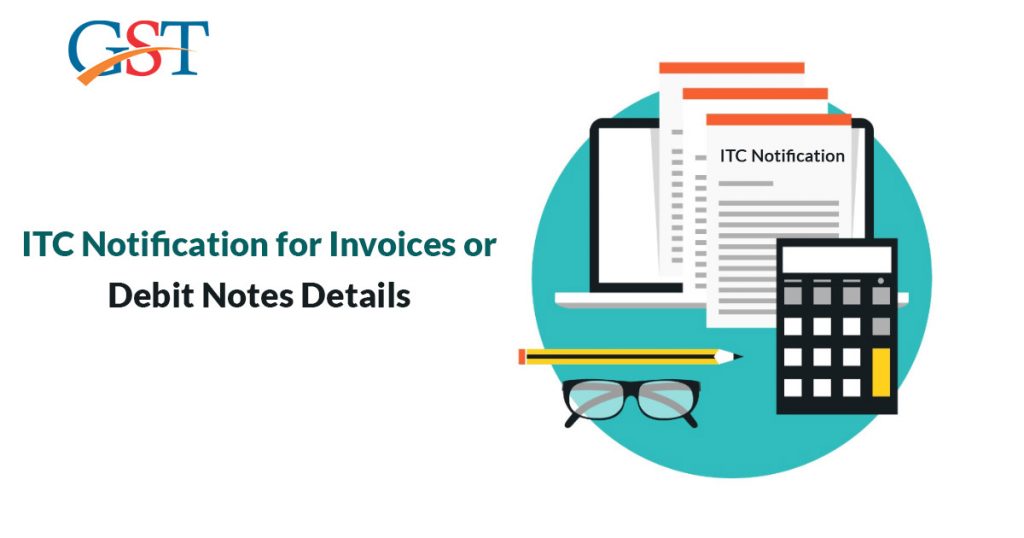
Amendment Impact Input Tax Credit
Now with this insertion of this sub-rule (4) under the CGST Act, the reconciliation of invoices and GSTR-2A form is mandatory, which will increase the monthly workload of taxpayers professionals or practitioners. Keeping a close eye or following up with suppliers about the uploading of invoices will also become mandatory for taxpayers claiming ITC.
The reckless reporting of B2B transactions as B2C by suppliers due to this amendment will result in non-appearance of invoices/debit notes in the recipient’s GSTR-2A. Such a time lag will also make it difficult for them to claim ITC.
Taxable entities with few suppliers belonging to the MNC/organized sector won’t be largely affected due to such an amendment. Reconciliation and follow-up will be easy for such players. However, taxable persons at lower belts with multiple vendors, especially in the FMCG sector, will find it difficult to comply with such an amendment.
CBIC Notification for CGST Rules, 2017
“(4) Input tax credit to be availed by a registered person in respect of invoices or debit notes, the details of which have not been uploaded by the suppliers under sub-section (1) of section 37, shall not exceed 20 per cent of the eligible credit available in respect of invoices or debit notes the details of which have been uploaded by the suppliers under sub-section (1) of section 37.” Check Notification
Issues that Need to be Addressed
Addressing the Mismatch Problems Between GSTR-1 and GSTR-2A:
As we know, GSTR-2A gets auto-populated based on the detailed filled in GSTR 1 from suppliers end even after passing of due date. Hence, a mismatch between invoices and updated GSTR 2A is common, making reconciliation challenging for taxpayers.
Quarterly GSTR-1 Filings by Suppliers:
The taxpayers with annual turnover less than INR 1.5 crores file quarterly returns as per GST rules. However, with Monthly ITC claiming via GST 3B return form, it is nearly impossible for anyone to reconcile monthly invoices with GSTR 2B (as it would be generated after the given quarter).
Miscellaneous Problems:
The newly inserted sub-rule has left ambiguity in terms of scenarios when the supplier needs to report invoice/debit note for a given tax period. Whether such amount will be a part of the eligible ITC for a reported tax period is still unclear. ITC can be taken as a credit of a FIFO basis or as a pro-rata basis, is also not clarified.
Legal Difficulties on Input Tax Credit
- Based on Section 164(1), the government has the authority to form rules for applying the provisions of CGST Act 2017, on the basis of the recommendation of the Council. However, the provision of the CGST Act: section 16 and section 17 is not a part of such an embargo. So, invoking such restrictions by a rulemaking make is certainly not an accurate legal position. Also, it is very clear that a rule cannot override the provisions of the Act.
- In actuality, Article 14 of the Constitution of India formed by Delhi High Court has been violated by the insertion of sub-rule(4) in CGST Act as it does not offer clarity between bona fide cases (the mismatch is due to the fault of the supplier) and non-bonafide cases (bogus credit claim by the recipient).
- The last legal difficulty related to the insertion of new sub-rule in Act includes violation of the basic principle of law viz., Lex non-cognit ad impossibly, i.e., the law should not compel a person to do something which is impossible. With the current rule, the recipient is restricted from claiming Input Tax Credit because of the failure of the supplier in furnishing details in Form GSTR-1 on time.
